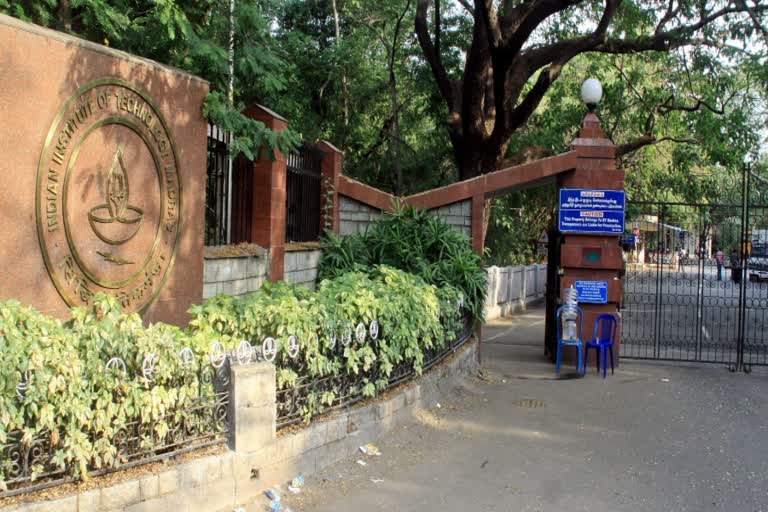New Delhi: From purchasing power from "green generators" to allowing only solar operated vehicles for in-campus transportation and installing waste treatment plants in premises, universities and institutes across the country are taking strides to reduce their carbon footprint. On the occasion of fifth anniversary of the Paris Climate agreement, vice chancellors of 12 leading universities and higher education institutions took a single-focused voluntary pledge called "Not zero, net zero" to develop the roadmap towards making their campuses carbon neutral. Over 250 universities and institutions have joined the initiative since then.
Leading the way, the Indian Institute of Technology (IIT) Delhi, became the first central government funded technical institute to reduce its carbon footprint by more than 50 per cent. "Availing green power through open access is an important initiative that we have taken in recent times to share our responsibility towards clean climate. Through many such proactive actions, we are making a good progress in achieving the plans to expand the green power purchase portfolio in the near future," said IIT Delhi Director, V Rampgopal Rao.
"Open access provisions in Electricity Act 2003 have made it possible to buy power from generators of their choice through bilateral contracts or energy exchange, for large consumers of power like IIT Delhi. We made use of these provisions to its advantage by involving PTC India Ltd as a trader to identify a source of 'green' power. Buying 2 MW of power exclusively from 'green' generator is equivalent to off-setting about 14000 tonnes of CO2 emissions annually," he added.
Read: India has target of creating additional 2 billion carbon sequestration by 2030, says Javadekar
According to Rajendra Shende, Chairman, TERRE Policy Centre, the United Nations Environment Programme ( UNEP) in its latest ' Emission Gap Report' declared that the promises given by countries under Paris Climate Agreement are not adequate to achieve the objective of the Paris Climate Agreement of 2015. "It is therefor essential that countries achieve the 'net zero emissions' within next 30-40 years. Net Zero emissions does not mean that emissions from human activities will be fully eliminated. Instead, it means that human-related emissions from vehicles, agriculture, energy production, and so on will be reduced to a level so low that they can be offset by efforts to absorb and otherwise remove emissions from the atmosphere, for example by tree plantation," he said.
Shende informed that Smart Campus Cloud Network ( SCCN) is the network of universities, a project by Technology, Education, Research and Rehabilitation for the Environment (TERRE) Policy Centre. "There is no more effective action than initiating 'Not Zero Net Zero' in the university campuses," he said. Joining the league, IIT Mandi has an active Green Committee which manages all green activities on campus.
